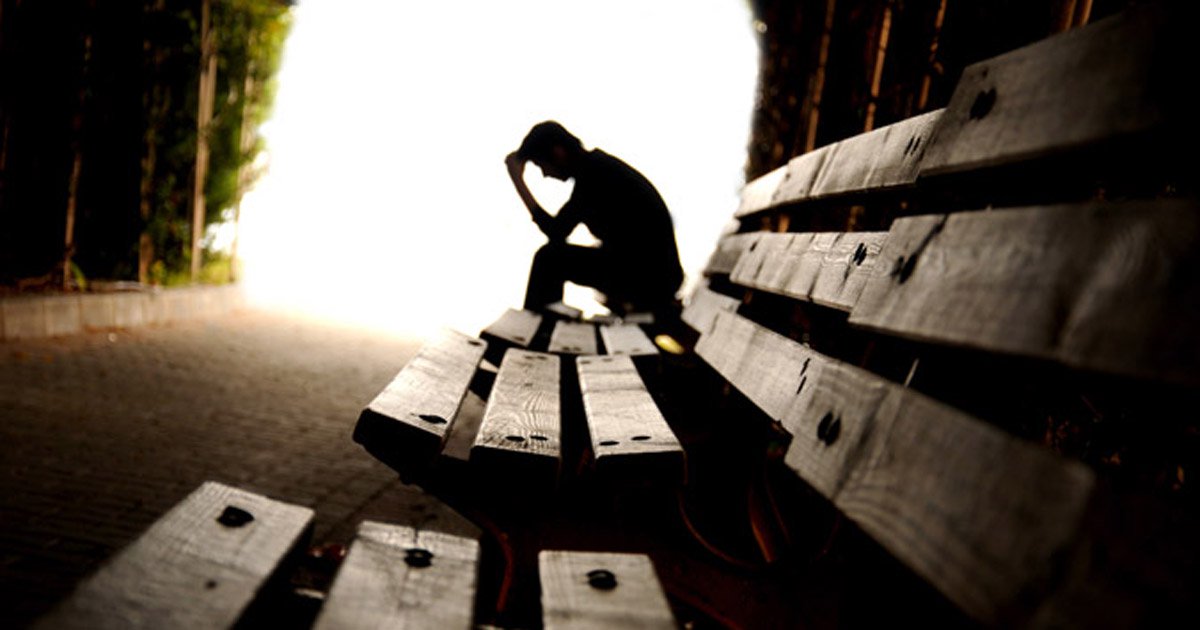Hopelessness
 Photo courtesy of HealioOpens in new window
Photo courtesy of HealioOpens in new window
To be hopeless is to despair, to give up on any prospect of happiness, comfort, or success. Most people experience feelings of hopelessness at some points in their lives. Hopelessness, when it is extreme, persistent, or both, may also be a symptom of a mental disorder. |
Hopelessness may occur in episodes of depression associated with bipolar disorder (manic depression) and in other types of depression, including postpartum depression and seasonal affective disorder.
Hopelessness is a common theme in the arts. For instance, many poets have written haunting poems of hopelessness, including Americans Sylvia Plath and Langston Hughes, South African Peter Sacks, and Englishwoman Emily Bronte.
In 2001, psychologists Stirman and Pennebaker, interested in the motivation behind the writing of particular types of dark poetry, compared use of words associated with depression and hopelessness in poets who were suicidal and poets who were not suicidal. They found no difference in word use in these two groups of poets.
See also:
- Stirman, S.W., & Pennebaker, J.W. (2001). Word use in the poetry of suicidal and non-suicidal poets. Psychosomatic Medicine, 63, 517 – 522.
- American Psychiatric Association. (2000). Diagnostic and statistical manual of mental disorders (4th ed., text rev.). Washington, DC: Author.
- Stirman, S. W., & Pennebaker, J. W. (2001). Word in the poetry of suicidal and non-suicidal poets. Psychosomatic Medicine, 63, 517 – 522.

